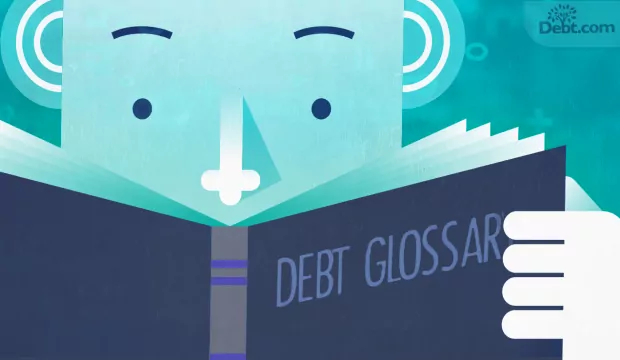Question: I just started my last semester of college, and I’m scared to death about finding a job and paying off my students loans. I hear all sorts of horror stories about most Americans having debt collectors coming after them. Am I doomed to become one of them? Is there stuff I can do NOW to make sure I don’t end up living paycheck to paycheck? Help me, I’m kind of freaking out.
– Regina in Oregon
Howard Dvorkin CPA answers…
Don’t worry, Regina. You’ll be just fine. How do I know? Because you realize the dangers of debt. Many adults twice your age don’t.
There’s no shortage of debt advice online. (I urge you to specifically review our student loan section, which I humbly believe is the best-written information on the topic.) However, I can offer some specific advice for a college senior like yourself.
1. Keep living like a college student
CPAs like me have a term for what happens to irresponsible college grads who land their first job. It’s called “lifestyle creep.”
These new grads, who spent four years scraping by, suddenly see hundreds of dollars directly deposited into their bank accounts. Party time! Instead, Regina, live just as frugally as you did in college. Then use the savings to…
2. Invest for retirement
This is the toughest advice to impress upon a new grad — but it’s also the most lucrative. Right now, the very last item on your to-do list is saving for a time that’s 50 years away. If you listen to me on this one, Regina, you’ll be hundreds of thousands of dollars richer.
This isn’t hyperbole. If your employer offers a 401(k) plan or some other retirement savings program, contribute as much as you can — especially if your employer offers a match. When you consider your money is invested tax-free, it gains interest, and you receive free money from someone else that also earns interest, this is the single smartest money move a young person can make.
3. Get health insurance
Next to convincing a college grad to save for retirement, this is the toughest sell. If you’re already healthy and in your early to mid 20s, you probably think you’re indestructible. At least, you probably think you can recover quickly from any illness.
Sadly, as the founder of a national credit counseling firm, I can tell you that a medical crisis is one of the most common ways Americans fall hopelessly into debt. You can do everything else right, but a debilitating illness can wipe out all your savings quicker than almost any other single event.
4. Go into debt on purpose — but just a little
If you’ve never had a credit card, get one but use it sparingly and always pay on time. Why is this so important? Because you need to start building a credit history so you can do things like eventually buy a house. Read about one Debt.com intern who had no credit history, and how she successfully and responsibly built one.
5. Consolidate your student loans
Student loans are now America’s most massive debt — more than $1 trillion. That’s more than all the credit card debt in this country. Concerned about default rates, the federal government started offering programs to make sure you can afford your payments. There are now five distinct programs — some easy enough to do by yourself, some that are a little complicated. You can learn about your options with a free phone call.
Bottom line, Regina: You may be graduating from college, but you’re always going to be a student of money. Debt-free living doesn’t require cramming or hours of studying, it just requires keeping tabs on your spending. If you don’t do that by reading the educational material here on Debt.com. I hope you’ll do it somewhere.








